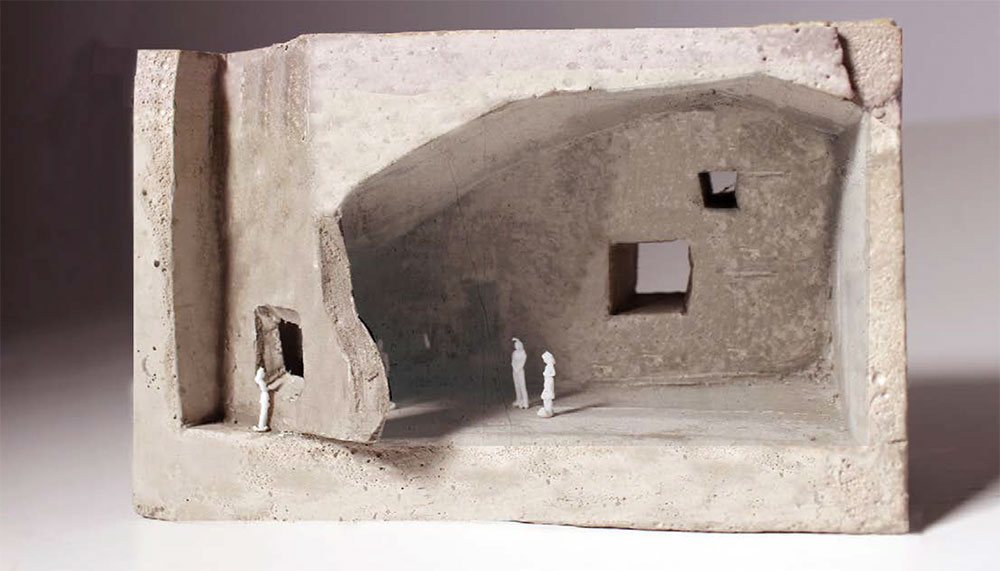Nourishing the Community
The 2.1 Studio brief centred on the environmental and sustainability issues of food production and consumption, education, and the marketplace. Students were able to choose one of two sites in Manchester city centre. Both sites were associated with strong examples of built context, suggesting both specific constraints and latent opportunities on architectural solutions. With a climate emergency as a priority, the projects also celebrate both local food and cultural diversity. Students were asked to design a School of Cooking with associated Food Hall, and Market. The outcomes show not just a creative reflection on new ways of consumption and urban regeneration, but also a broad range of cultural approaches to the topic.


